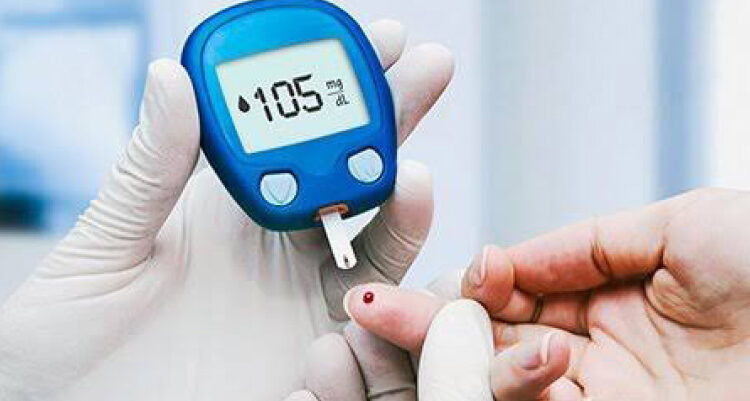As the world marks World Diabetes Day on Friday, November 14, 2025, Corporate Accountability and Public Participation Africa (CAPPA) has backed the Diabetes Association of Nigeria (DAN) in urging the federal government to declare a national emergency on diabetes care and upwardly revise the sugar-sweetened beverages (SSBs) tax, amongst other life-saving healthy food policies.
In a statement on Friday, CAPPA described as “alarming” a recent disclosure by the association’s president that no fewer than an estimated 30,000 Nigerians die yearly from diabetes, while as many as 11.4 million others are currently living with the debilitating disease, according to a media report.
It said this was even worse than the International Diabetes Federation’s (IDF) estimate, which reports a prevalence of roughly 3.0 per cent in Nigeria, with approximately 2.99 million adults living with diabetes.
The non-governmental organisation expressed dismay that the average monthly cost of diabetes management “now stands at between N100,000 and N120,000”, according to the media report. CAPPA said this had made proper management of the disease not only impossible for most patients but could spell a death sentence for many Nigerians impoverished by the poor economy.
“This is yet another troubling statistic on the state of Nigeria’s noncommunicable diseases (NCDs) burden, and the country’s public health system,” CAPPA stated. “It is no wonder that Nigeria’s life expectancy is the lowest globally, according to the latest United Nations’ (UN) global health report.”
The group said the alarming rise in diabetes cases, combined with the poor life expectancy, underscored the urgency for sweeping policy measures targeting unhealthy diets, particularly the consumption of sugar-sweetened beverages (SSBs) and other diabetes risk factors.
“In this context, we at CAPPA fully support the call by the Diabetes Association of Nigeria (DAN) for the Federal Government to declare a state of emergency on diabetes care, and to significantly raise the sugar-sweetened beverages (SSB) tax, with all proceeds channelled into strengthening the health sector,” said Akinbode Oluwafemi, Executive Director, CAPPA.
CAPPA’s support, he explained, was hinged on the facts that unhealthy diets and sugary drinks drive NCDs risk, while the aggressive marketing and wide availability of sugary drinks and highly processed foods were changing dietary environments across Nigeria.
He warned that without decisive policy intervention, the country risks generations developing lifelong dependence on high-sugar drinks, leading to obesity, type 2 diabetes, cardiovascular disease and early mortality.
The statement argued that an effective SSB tax, sodium reduction targets, front-of-pack labelling (FOPL), restriction of ultra-processed foods marketing to kids, among other sound healthy-food policies, are proven tools to lower Nigeria’s NCDs burden. It added, however, that even the strongest prevention policies require a health system capable of supporting the millions already living with diabetes and other NCDs.
“This is why the Federal Government’s ongoing effort to channel revenues from taxes on tobacco, alcohol, and other harmful products into health financing is significant,” Oluwafemi said. “Dedicating these revenues to initiatives such as NCD prevention and management would provide the predictable funding Nigeria urgently needs, especially as the costs of treating diseases like diabetes continue to push families deeper into poverty.”
CAPPA noted that its ongoing campaigns for an SSB tax of at least N130 per litre and mandatory front-of-pack nutrition labelling align with international evidence. It emphasised that higher taxes reduce SSB consumption, encourage product reformulation, and generate revenue for health-sector investment, while front-of-pack labels empower consumers to make informed choices. Together, these measures shape healthier food environments and can shield Nigerians from the aggressive tactics of the big food industry.
This year’s World Diabetes Day is themed “Diabetes across life stages,” which highlights that diabetes can affect people at every moment of life, including during pregnancy.





